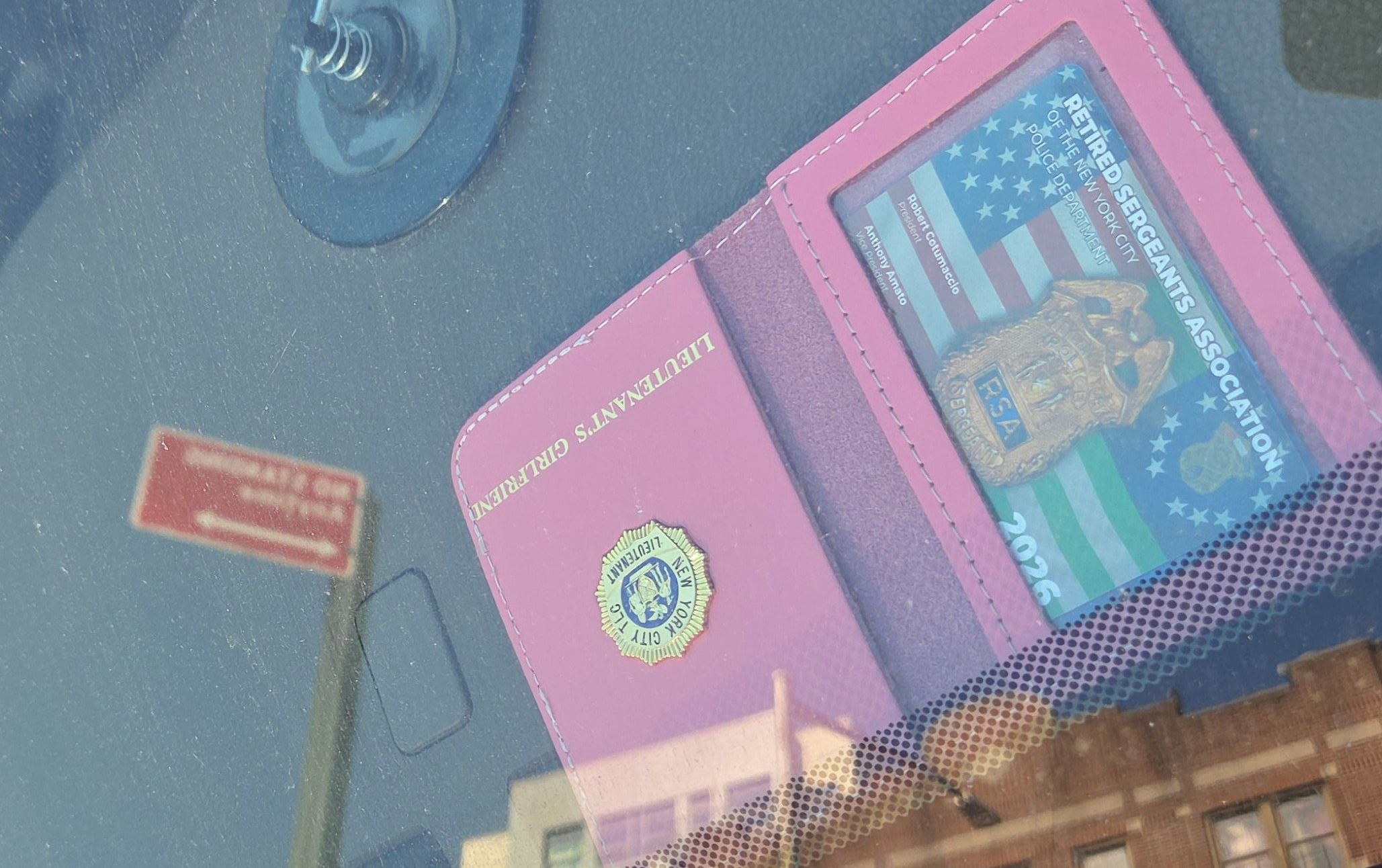From the New York Times' new City Room blog comes a post entitled "Congestion Pricing: Has David Bested Goliath?"
Hint: "The answer might depend on who you think is the giant."
Which coalition has been winning so far in the congestion pricing wars?So far, at least, the pro-congestion pricing forces have been on thedefensive, even though they appear to be much better organized andfinanced and have the support of three bedrock organizations ofmunicipal influence: the Partnership for New York City, the Regional Plan Association and the Citizens Budget Commission.
But it is not clear that supporters of congestion pricing have wonenough public support, despite having achieved broad support amongorganized interests. Meanwhile, opponents of congestion pricing, likethe Queens Civic Congress, have had a lower test to meet; their goal isto defeat the traffic fees by raising just enough doubt and skepticism -- with a public that is already doubtful and skeptical.
No matter that the overwhelming majority of commuters to Manhattan donot need to drive, or that the money raised from traffic fees would beused to improve mass transit across the city. The point is that theopponents of congestion pricing, like the Queens Civic Congress, haveso far managed to create enough doubt around the idea -- a doubt thathas swayed many Assembly members.
Of course it's easy to raise doubt and skepticism about a complex issue when one's arguments are largely unburdened by facts. Take this passage on Council Member David Weprin from today's Metro, in which the paper itself -- as does the City Room passage above -- refutes a rote, yet mostly baseless, objection to congestion pricing.
"I represent a district in eastern Queens that for most people isfour or five miles from the nearest subway,” he said. "It is also notaccessible to buses. You can’t tell me that they’re going to startbuilding subways and changing bus lines in time if they’re going toadopt this congestion tax now."
Yet that is the stated intention of the Bloombergadministration, which hopes to first increase bus service to areas thatlack subway access before implementing congestion pricing. More thanhalf of the projected $500 million federal grant would supposedly gofor transportation improvements. For example, one neighborhood inWeprin’s district -- Bayside -- is already slated to get new and expandedbus service under the mayor’s long-term sustainability plan, dubbedPlaNYC.
Weprin, though, remains unconvinced.
"The mayor is asking Albany to act now on the congestion tax andto worry about the public transportation improvements later," he said. "That’s backwards."
So Weprin wants to kill the plan to finance the improvements he says are needed before the plan he wants to kill can be implemented.
David and Goliath? Sure, if this version has a looking glass...





